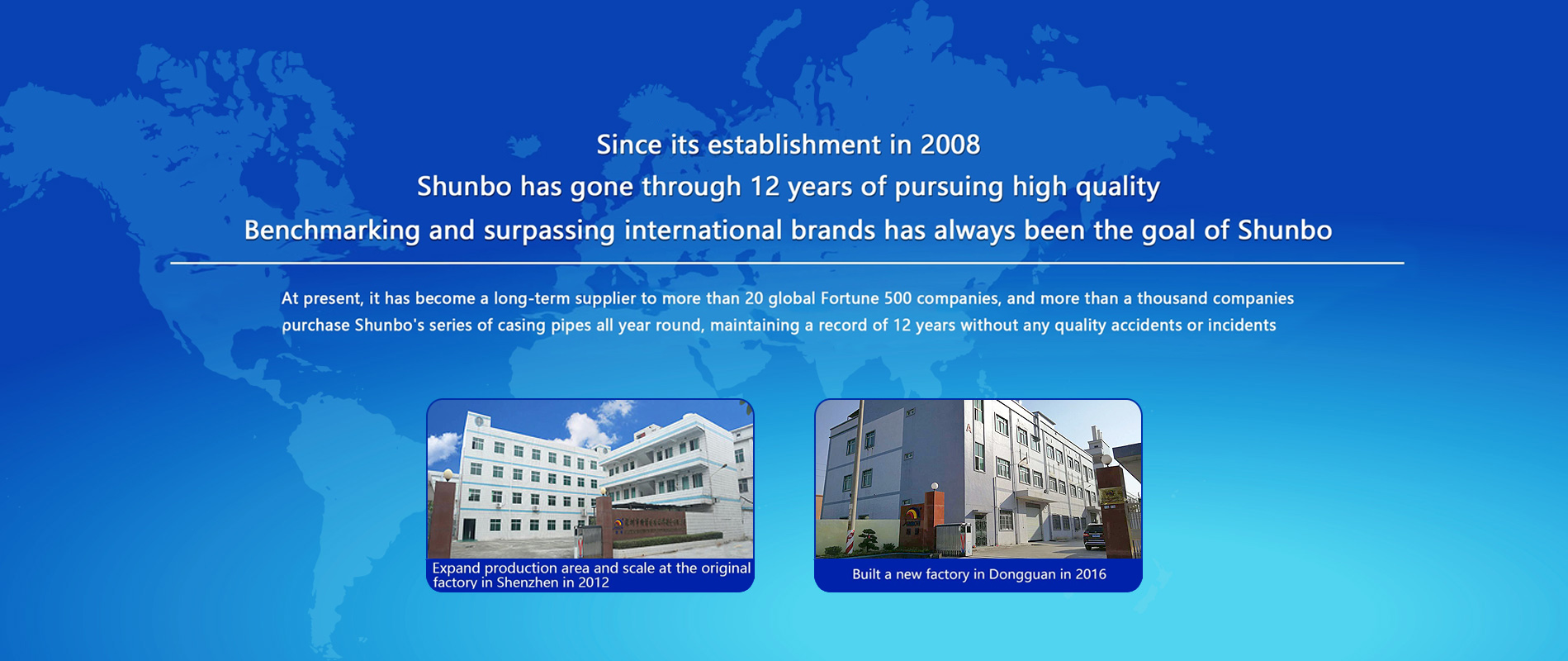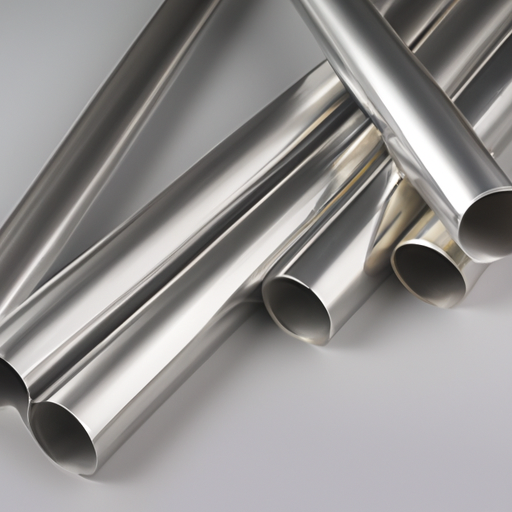
What is the Market Demand for Mylar Tubes?
I. Introduction
A. Definition of Mylar Tubes
Mylar tubes are cylindrical containers made from Mylar, a polyester film known for its durability and versatility. These tubes are often used for packaging, storage, and various industrial applications due to their unique properties. Mylar, a registered trademark of DuPont Teijin Films, is a brand name for a type of biaxially oriented polyethylene terephthalate (BoPET) film that has gained popularity in numerous sectors.
B. Overview of Mylar as a Material
Mylar is celebrated for its exceptional strength, resistance to moisture, and ability to withstand a wide range of temperatures. It is lightweight, flexible, and can be produced in various thicknesses, making it suitable for diverse applications. The material's reflective properties also make it a popular choice in insulation and packaging, where light and moisture barriers are essential.
C. Importance of Understanding Market Demand
Understanding the market demand for Mylar tubes is crucial for manufacturers, suppliers, and businesses that rely on these products. As industries evolve and consumer preferences shift, staying informed about market trends can help stakeholders make strategic decisions regarding production, marketing, and investment.
II. Characteristics of Mylar Tubes
A. Composition and Properties
1. Durability
Mylar tubes are known for their durability, which makes them ideal for long-term storage and protection of contents. They can withstand physical stress, making them less likely to break or tear compared to other packaging materials.
2. Resistance to Moisture and Chemicals
One of the standout features of Mylar is its resistance to moisture and chemicals. This property is particularly beneficial in industries such as food and pharmaceuticals, where product integrity is paramount.
3. Lightweight and Flexible
Mylar tubes are lightweight, which reduces shipping costs and makes them easy to handle. Their flexibility allows for various shapes and sizes, catering to specific packaging needs.
B. Types of Mylar Tubes
1. Different Sizes and Shapes
Mylar tubes come in a variety of sizes and shapes, from small tubes for individual products to larger containers for bulk items. This versatility allows businesses to choose the right packaging solution for their specific needs.
2. Customization Options
Many manufacturers offer customization options for Mylar tubes, including printing, labeling, and specific dimensions. This flexibility enables brands to create unique packaging that aligns with their marketing strategies.
III. Applications of Mylar Tubes
A. Packaging Industry
1. Food and Beverage Packaging
In the food and beverage sector, Mylar tubes are used for packaging snacks, dried fruits, and other perishable items. Their moisture barrier properties help extend shelf life, making them a preferred choice for manufacturers.
2. Pharmaceutical Packaging
Mylar tubes are also widely used in the pharmaceutical industry for packaging medications and supplements. Their ability to protect contents from moisture and light ensures that products remain effective and safe for consumption.
B. Industrial Uses
1. Electrical Insulation
Mylar's electrical insulation properties make it suitable for use in various electrical applications. It is often used in capacitors and other electronic components, where reliable insulation is critical.
2. Aerospace and Automotive Applications
In the aerospace and automotive industries, Mylar tubes are utilized for insulation and protection of sensitive components. Their lightweight nature contributes to overall weight reduction, which is essential for fuel efficiency.
C. Consumer Products
1. Crafting and DIY Projects
Mylar tubes have found a niche in the crafting community, where they are used for various DIY projects. Their versatility allows crafters to create unique items, from decorative pieces to functional storage solutions.
2. Storage Solutions
Consumers also use Mylar tubes for storage purposes, particularly for items that require protection from moisture and light. This application is especially popular among outdoor enthusiasts and those looking to preserve food items.
IV. Market Trends Influencing Demand
A. Growth of the Packaging Industry
1. Shift Towards Sustainable Packaging
As consumers become more environmentally conscious, there is a growing demand for sustainable packaging solutions. Mylar tubes, particularly those made from recyclable materials, are gaining traction as businesses seek to reduce their environmental footprint.
2. Increase in E-commerce and Online Retail
The rise of e-commerce has led to an increased demand for efficient and protective packaging solutions. Mylar tubes are well-suited for shipping products safely, contributing to their growing popularity in the online retail space.
B. Technological Advancements
1. Innovations in Mylar Production
Advancements in production techniques have improved the quality and performance of Mylar tubes. Manufacturers are now able to produce tubes with enhanced barrier properties and customization options, further driving demand.
2. Enhanced Performance Features
Innovations in Mylar technology have led to the development of tubes with specialized features, such as UV resistance and anti-static properties. These enhancements cater to specific industry needs, expanding the market for Mylar tubes.
C. Regulatory Factors
1. Food Safety Regulations
Stringent food safety regulations are driving the demand for high-quality packaging solutions. Mylar tubes meet these standards, making them a preferred choice for food manufacturers.
2. Environmental Regulations
As governments implement stricter environmental regulations, businesses are seeking packaging solutions that comply with these requirements. Mylar tubes, particularly those that are recyclable, align with these regulatory trends.
V. Geographic Demand Analysis
A. North America
1. Market Size and Growth Rate
The North American market for Mylar tubes is significant, driven by the robust packaging and pharmaceutical industries. The region is expected to see steady growth as demand for sustainable packaging solutions increases.
2. Key Players and Competitors
Major players in the North American Mylar tube market include companies specializing in packaging solutions and materials. These companies are focusing on innovation and sustainability to maintain a competitive edge.
B. Europe
1. Trends and Consumer Preferences
In Europe, there is a strong emphasis on sustainability and eco-friendly packaging. Consumers are increasingly favoring products that use recyclable materials, which is boosting the demand for Mylar tubes.
2. Regulatory Landscape
The European regulatory landscape is stringent, particularly regarding food safety and environmental impact. Mylar tubes that meet these regulations are well-positioned for growth in this market.
C. Asia-Pacific
1. Emerging Markets and Opportunities
The Asia-Pacific region presents significant growth opportunities for Mylar tubes, driven by rapid industrialization and urbanization. Emerging markets are increasingly adopting modern packaging solutions, contributing to demand.
2. Challenges and Barriers to Entry
Despite the growth potential, challenges such as competition from local manufacturers and varying regulatory standards can pose barriers to entry for international companies in the Asia-Pacific market.
VI. Competitive Landscape
A. Major Manufacturers and Suppliers
The Mylar tube market is characterized by a mix of established manufacturers and new entrants. Key players are focusing on product innovation and sustainability to capture market share.
B. Market Share Analysis
Market share analysis reveals that a few major companies dominate the Mylar tube market, but there is room for growth among smaller players who can offer unique products or services.
C. Strategies for Market Penetration
Companies are employing various strategies for market penetration, including partnerships, mergers and acquisitions, and targeted marketing campaigns to reach specific consumer segments.
VII. Challenges Facing the Mylar Tube Market
A. Environmental Concerns
1. Recycling and Disposal Issues
Despite their advantages, Mylar tubes face criticism regarding recycling and disposal. The challenge of recycling Mylar materials can deter environmentally conscious consumers.
2. Alternatives to Mylar
The emergence of alternative packaging materials, such as biodegradable options, poses a challenge to the Mylar tube market. Companies must innovate to remain competitive.
B. Economic Factors
1. Fluctuations in Raw Material Prices
The cost of raw materials used in Mylar production can fluctuate, impacting pricing and profitability for manufacturers. Companies must navigate these economic challenges to maintain competitiveness.
2. Impact of Global Economic Conditions
Global economic conditions, including trade policies and economic downturns, can affect demand for Mylar tubes. Companies must be agile and responsive to changing market dynamics.
VIII. Future Outlook
A. Predictions for Market Growth
The future outlook for the Mylar tube market is positive, with predictions of steady growth driven by increasing demand in packaging, pharmaceuticals, and industrial applications.
B. Innovations and Emerging Trends
Innovations in Mylar production and design are expected to continue, with a focus on sustainability and enhanced performance features. Emerging trends, such as smart packaging, may also influence the market.
C. Potential Areas for Investment
Investors may find opportunities in companies that prioritize sustainability and innovation in Mylar tube production. Additionally, businesses that focus on niche markets or specialized applications may present attractive investment prospects.
IX. Conclusion
A. Summary of Key Points
The market demand for Mylar tubes is influenced by various factors, including their unique properties, diverse applications, and evolving consumer preferences. As industries continue to grow and adapt, the demand for Mylar tubes is expected to rise.
B. Importance of Monitoring Market Demand
For manufacturers and suppliers, monitoring market demand is essential for making informed decisions regarding production, marketing, and investment strategies. Staying attuned to trends and consumer preferences can lead to success in this competitive landscape.
C. Final Thoughts on the Future of Mylar Tubes
As the Mylar tube market evolves, stakeholders must embrace innovation and sustainability to meet the changing needs of consumers and industries. With a positive outlook and numerous opportunities for growth, Mylar tubes are poised to remain a vital component of packaging and industrial solutions in the years to come.



